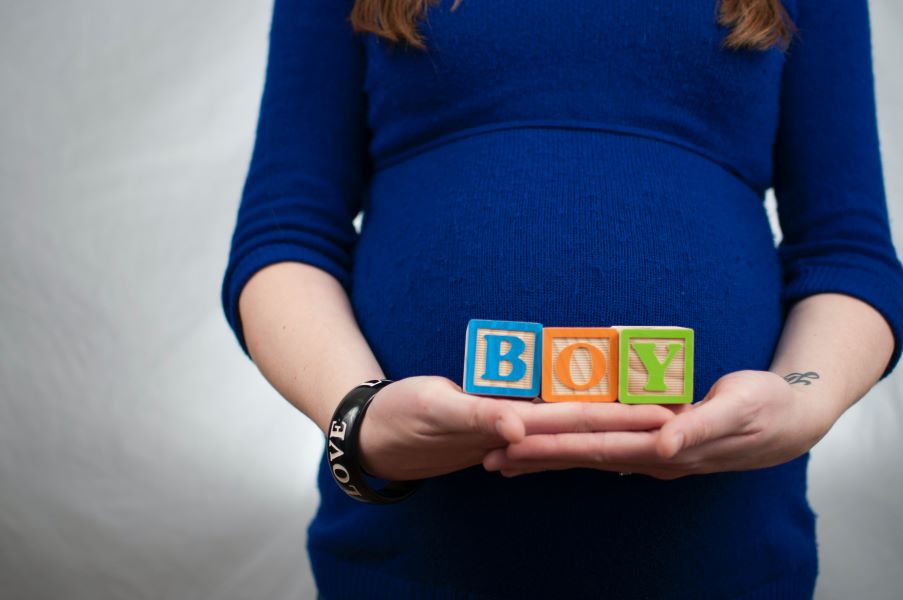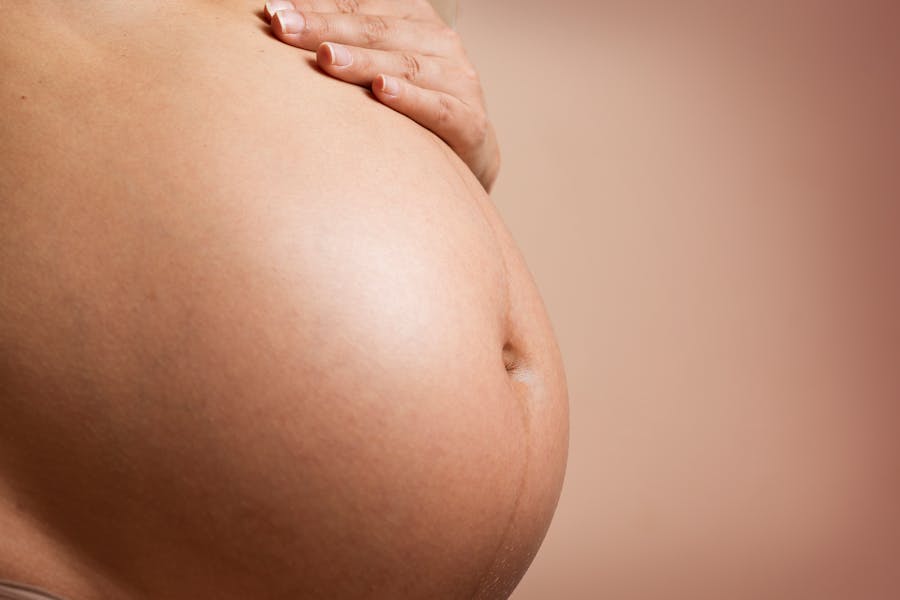There are several reasons why women choose to have children later in life. Some desire to be financially and emotionally stable before raising a child in an unstable world. Others are more ambitious, living their lives with a purpose of aiming to achieve and accomplish specific goals first, like moving up the career ladder, traveling, or taking that “one last” trip before stepping into the world of parenting. Some are simply waiting for the right partner to come into their lives and this is not in their control.
When you decide to have a baby it is primarily a function of where you are in your life. Did you find a partner when you were younger or older? Are you planning to have a big family or a small one? There is a saying that “it is never the right time until it happens” because you can’t prepare for something if you don’t have a clue how it would actually feel or play out. Although every woman is unique, pregnancy’s physical and emotional aspects are at least partly influenced by how old you are. Many women who become mothers after 40 say, rather than deliberately delaying motherhood they were simply trying to fulfill the necessary conditions for it and that they would have been overjoyed to have had children earlier if they had been in a relationship, or in the right mindset.
Some women go through a divorce or the conclusion of a significant relationship in their 30s when they were expecting to be starting families. Others tell stories of partners who were not sufficiently committed or who did not want children and these women did not want to bring up a child on their own. Many lament the difficulty of finding a good partner in an era of online dating, which can become so impersonal. With unrealistic expectations and the endlessness of options contriving to thoroughly disincentivize commitment, particularly for men it’s not an easy task to fulfill.
These narratives show us that, although later motherhood is often discussed exclusively in terms of women’s choices and changing roles in society, it is crucial to consider how men’s choices and changing relationship dynamics may also be affecting fertility patterns. The fact is that it does get more difficult to become pregnant with age. The reason is that fertility decreases as you get older, for both men and women. Women are born with a set number of eggs. Each month, a woman’s ovary releases an egg to be fertilized, during ovulation. But before that, a woman’s body recruits many eggs in preparation for this process. A handful of eggs are developed and mature, but usually only one makes it to ovulation.
After age 30, fertility decreases every year. The number and quality of eggs go down until you reach menopause. Menopause usually happens around the age of 45 to 55. During that time, you may stop having your period and are no longer fertile. Advancements in fertility technology have been a driving force in the increase of women waiting to have children. Some great options include IVF and freezing your eggs when you are younger so that you have them available when you are ready. Going to a sperm bank is an option, as donated sperm can be tailored to meet every patient’s individual needs, and then there is also the option of surrogacy if you might not be able to conceive.
Research has revealed surprising benefits of being an older mom for both mom and baby. Having children later in life may boost your brain power, not only by having the freedom to gain more knowledge through schooling but having kids later can make you mentally sharper as you age. Also having the benefit of less stress because you might be more prepared emotionally, with an undoubted sense of maturity that comes along with age. (Just think about how much you’ve changed since your teens!) Research suggests that maturity plays a role in better parenting because you have experienced life’s ups and downs and gained more patience. You might even be more financially stable as well.
Pregnancy is a wild ride for the human body, and it’s easy to think that the lasting effects of pregnancy may be limited to stretch marks or weight gain, but at the end of the day, it’s all about you and what you want out of life. This is also about experiencing motherhood and the benefit of experiencing natural brain changes during and after pregnancy, which may also be an advantage later in life.




